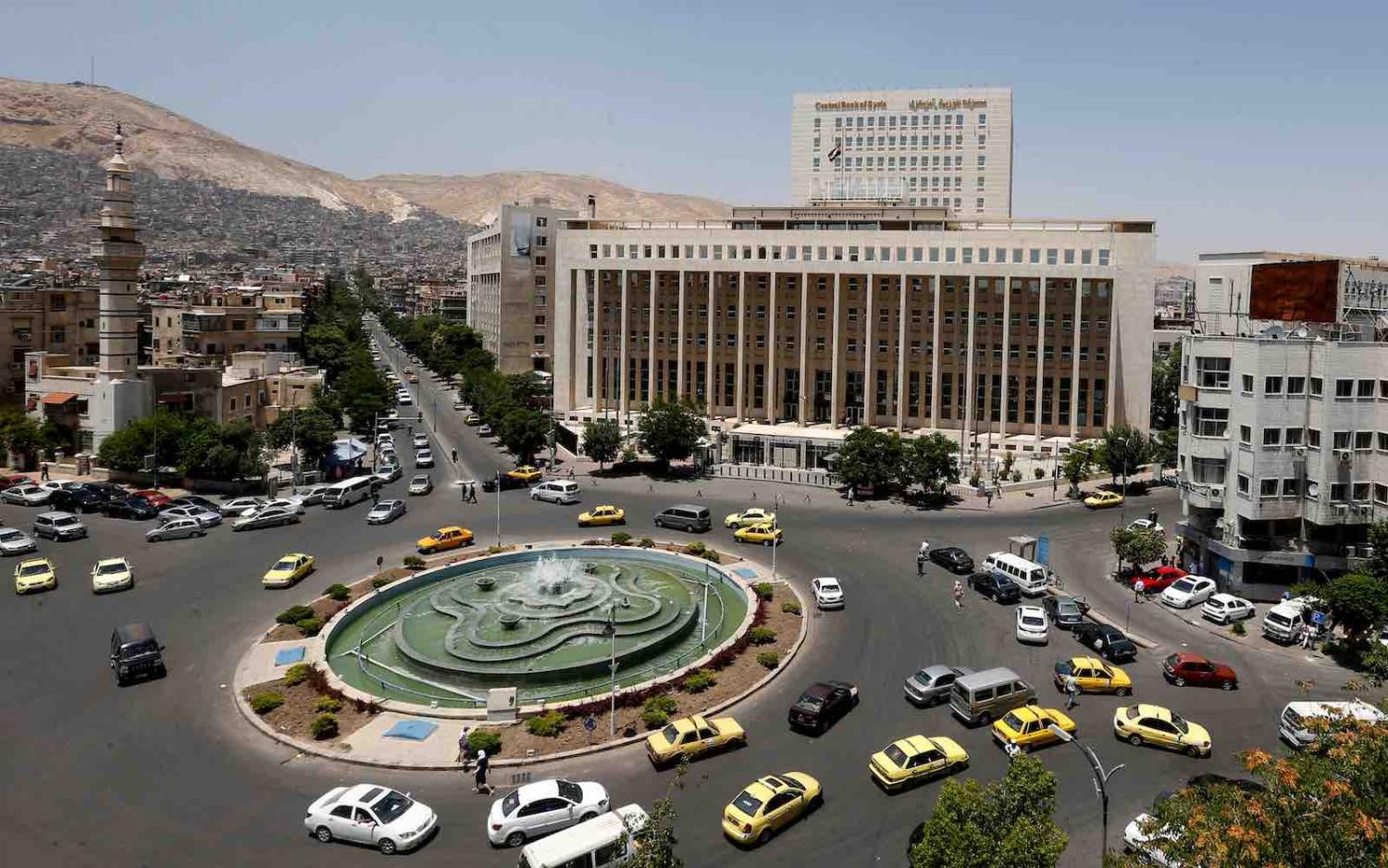Back in December, US President Donald Trump signed the National Defence Authorisation Act, which included was a set of measures known as the Caesar Syrian Civilian Protection Act, or Caesar Act. It was so labelled after the codename of a Syrian defector who had exposed evidence of Syrian government human rights abuses.
The Caesar Act, among other things, requires the US Tresuary Secretary to examine whether the Syrian Central Bank is “of primary money laundering concern” and if so, sanction foreigners who “provide significant support or engage in a significant transaction with the Syrian government or those acting on behalf of Syria, Russia or Iran”, or who provide it with munitions or with technology for its petroleum industry.
The Caesar Act came into effect last week on 17 June, and as a result Washington has now designated 39 individuals and entities in a first wave of sanctions. The list targets the family of Syria’s President Bashar al-Assad and a number of real estate companies, as well as entities such as the Syrian Army’s Fourth Armoured Division and the Iranian-backed, Afghan-manned Fatimayoun militia, which was raised for service in Syria. Some of the individuals and entities are not resident in Syria.
The purpose of the Caesar Act is to increase the economic risk to Damascus’ allies or anyone else thinking of doing business in Syria. But exactly how the sanctions regime will work in practice and whether countries who deal with (or host) the entities or individuals will be subject to secondary sanctions is not immediately apparent from the briefing given by the Trump administration’s special representative for Syria.
Syria is part of the broader grey-zone conflict being waged by Washington against Russia and Iran, and the Caesar Act simply the latest salvo in that war.
Regardless of this uncertainty (or perhaps deliberate ambiguity) surrounding what the Casear Act means in practical terms, the additional sanctions will undoubtedly place further pressure on an already battered Syrian economy. The cost of the war has been compounded by the Covid-19 pandemic and the increasing evidence of food shortages. Yet most crucially, Syria’s dire economic situation has also been exacerbated by the collapse of neighbouring Lebanon’s economy. Lebanon has defaulted on its external debt, unemployment has ballooned, and hard currency is increasingly difficult to obtain. The economies of Lebanon and Syria are closely connected and the collapse of their currencies has largely mirrored each other.
In response to the worsening economic situation, Assad has focused on the political consequences. He sacked the prime minister, Imad Khamis, and has taken action against his first cousin Rami Makhlouf, whose ostentatious wealth and pervasiveness within the Syrian real and underground economy meant that he became too much of a burden for Assad to retain within his inner circle. Makhlouf has been forced to hand over tens of millions in “unpaid” taxes, had assets seized and been placed under a travel ban. Ruling Syria has long been a family business, but when the wolves are at the door, blood only counts for so much.
The Caesar Act will at a minimum raise the risks for Assad’s partners. But Damascus is well practised at circumventing official sanctions. It still has options. This means that even despite the collapse of the Syrian currency and negligible foreign currency reserves, the regime can still import food and commodities. The problem is that inflationary pressure will keep such goods out of the reach of the average Syrian unless heavily subsidised, which the state can no longer afford to do.
Some small protests have broken out in response to the economic pressure, but nothing that would greatly worry the regime at this stage. The political consequences of the Casear Act won’t be felt immediately as Washington has signalled that the sanctions list will grow over time, as it seeks to ratchet up the pressure.
Syria is part of the broader grey-zone conflict being waged by Washington against Russia and Iran, and the Caesar Act simply the latest salvo in that war. The Syrian regime’s economic foundations are shaky and its main allies in Russia and Iran are themselves under sanctions. But in neither case has it ameliorated their behaviour. The Caesar Act is not tied to a broader, achievable strategic outcome in which the Syrian regime (or its partners) has any incentives to meet.
The regime is by no means exhausted, remains committed to remaining in power, and its allies show no sign of abandoning it. Everyone knows that with an election five months away, there is the possibility of a change to US policy in the new year, so there is not enough time for the Caesar Act to put sufficient unilateral pressure on the regime to change. Like many others before it, this sanctions regime will make life more difficult but by no means impossible for the target of the policy (the regime), but it will place a further burden on exactly those least capable of dealing with its consequences – the population at large.

